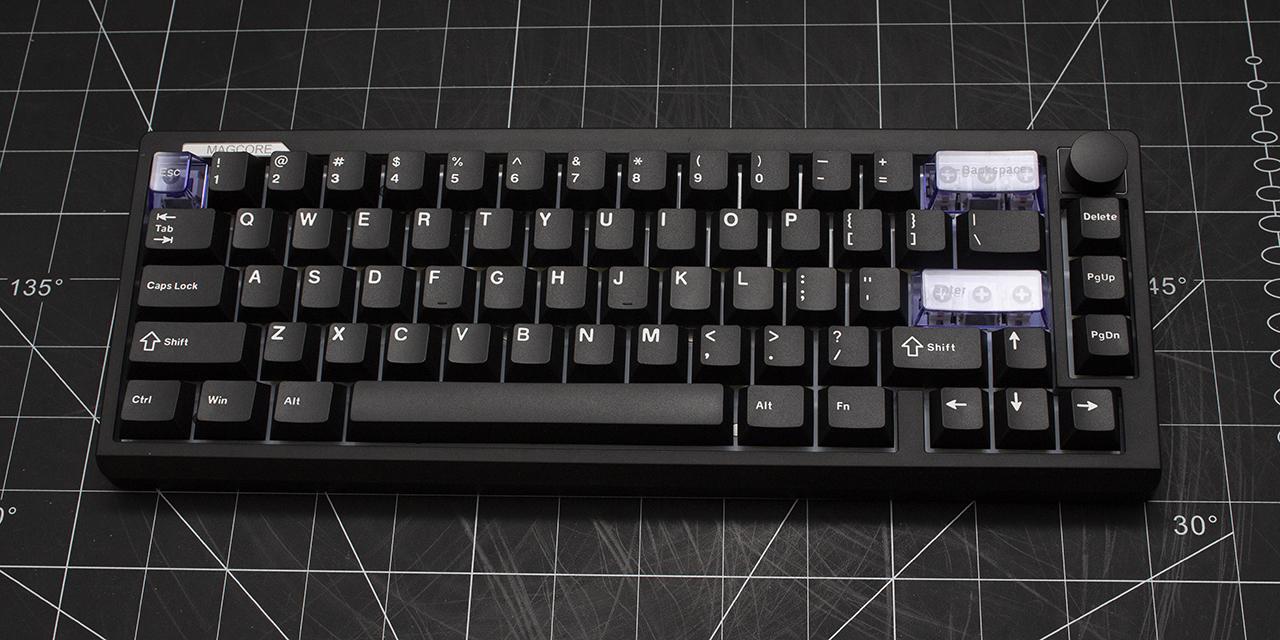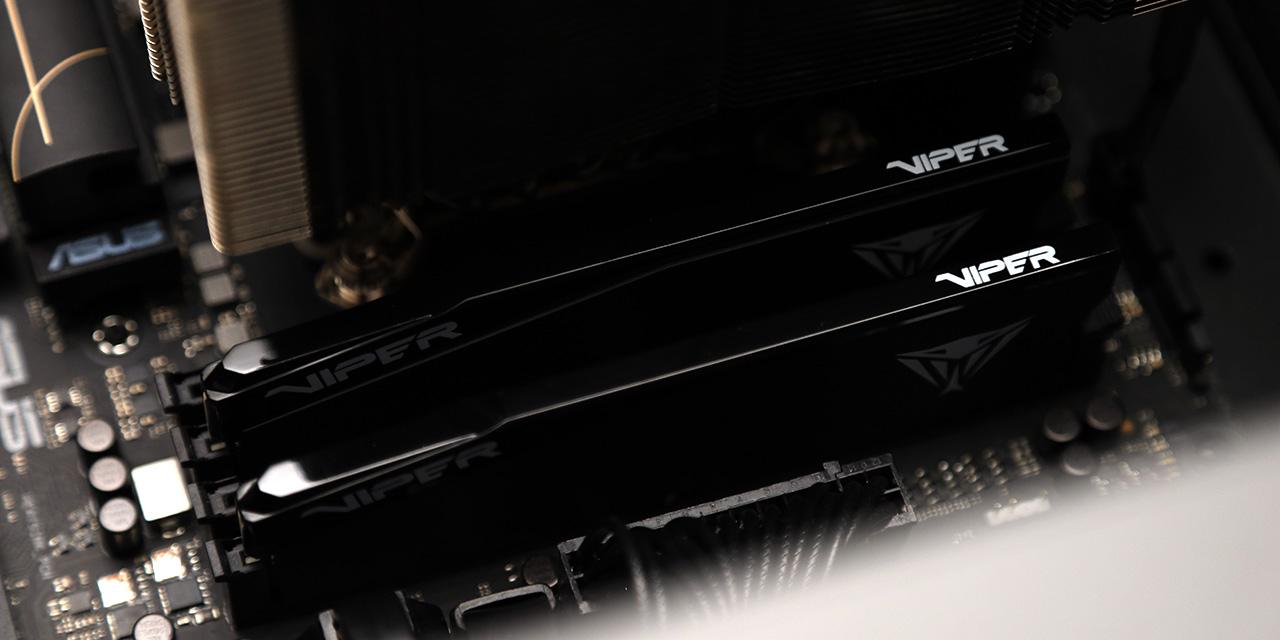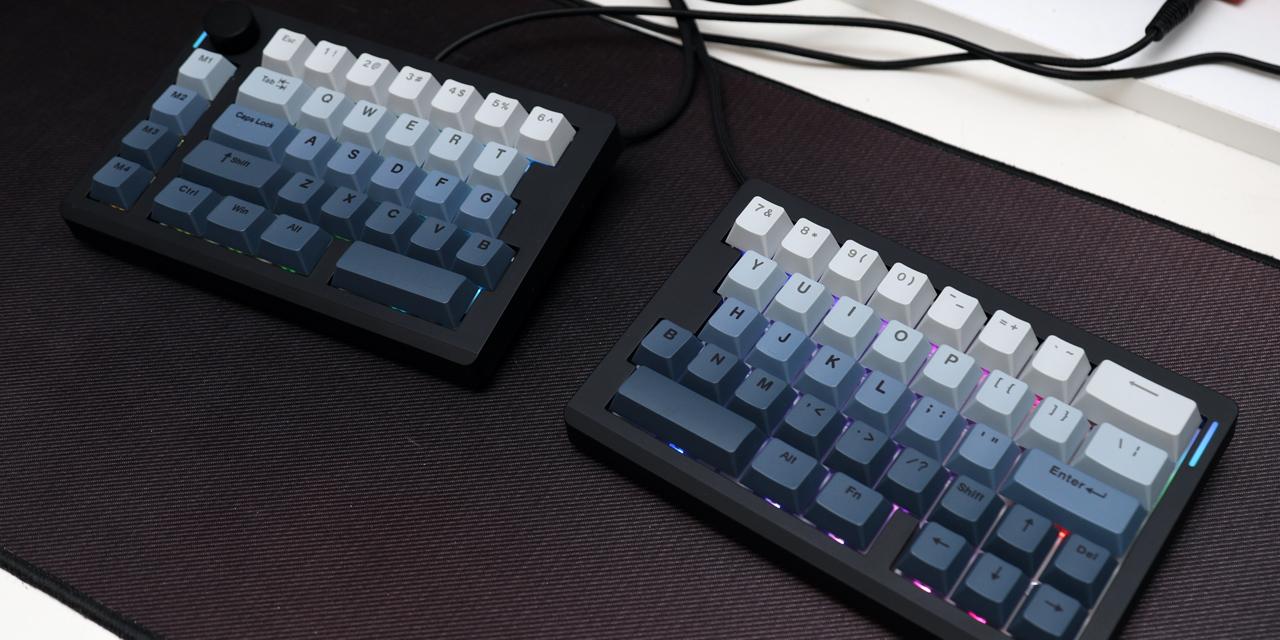|
From X-bit Labs: In about two months’ time Intel Corp. will release code-named Haswell microprocessor, which was designed for ultra-thin laptops from the ground up. Intel pins a lot of hopes on Haswell chips and so-called ultrabook PCs on their base. Among the things that Intel will focus on this year is the decrease of the price of ultrabooks as well as adding touch-screen functionality to them in order to better compete against media tablets. At the Intel Solutions Summit (ISS) in the second half of March company promised that new ultrabooks based on the approaching fourth-generation Core i-series 4000-family processors, code-named “Haswell”, will arrive by the holiday season and will retail for the price starting from $599, reports CRN web-site. The majority of those laptops will feature up to ten hours of battery life, displays with touch-screen, high-speed solid-state drives and ultra-thin form-factors. In general, Intel and its partners plan to redefine what is called “mainstream notebook”. Up to 75% of Intel-based PCs are projected to feature touch-screens, according to Intel, reports ChannelBuzz web-site. For Intel, there is no difference whether to sell its microprocessors to Apple or Lenovo, who supply high volumes of premium ultra-thin notebooks, or to other notebook makers . However, Intel needs to boost sales of its central processing units, which is why it needs to improve sales of mainstream PCs by making them more appealing to end-users, who enjoy sleek and slim media tablets which cost starting from $300 - $400. The majority of PC users, who have purchased tablets, interviewed by Intel are still planning to refresh their PCs; the slates do not cancelled purchases of new PCs, but they delayed it, making PC refresh cycles longer. It is remarkable that Intel now points to holiday season as the timeframe of volume availability of new-generation ultrabooks with the Core i-series “Haswell” chips. Previously, it transpired that due to a chipset-related issue with USB 3.0 ports the company planned to limit the availability of new chips until the fixed chipset revision is ready. View: Article @ Source Site |
 |
Intel Projects Ultrabooks with Haswell Processors, Touch-Screens to Cost $599
© Since 2005 APH Networks Inc. All trademarks mentioned are the property of their respective owners.





